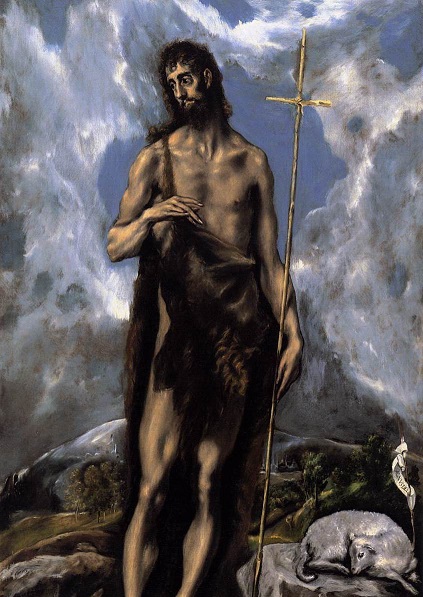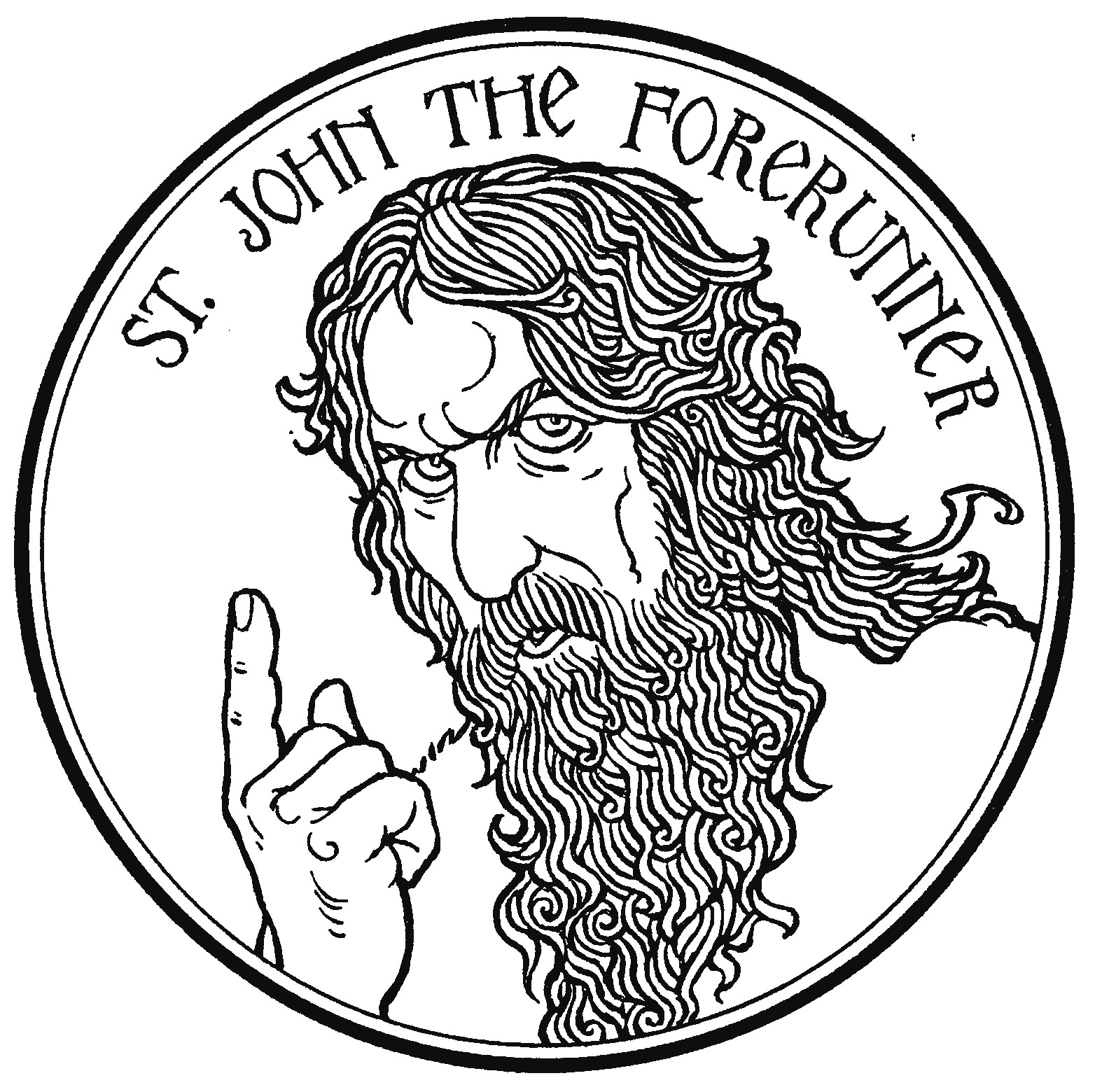Tag: Third Sunday in Advent
-

Third Sunday in Advent
~ Gaudete ~ Readings: Isaiah 40:1-11 | 1 Corinthians 4:1-5 | Matthew 11:2-11 Text: Isaiah 40:1-8 It’s been said that Isaiah is a reflection of the Bible, Old and New Testaments. The first 39 chapters speak of God’s judgment against His wayward people and the nations of the earth. The 40th chapter begins the proclamation…
-

Third Sunday in Advent (Gaudete)
Readings: Isaiah 40:1–11 | 1 Corinthians 4:1–5 | Matthew 11:2–11 Text: Matthew 11:2-11 John the Baptist (whose birth we have been hearing of during our midweek services) winds up in prison some time after Jesus began His ministry at the Jordan River. Yet, even while in prison, John still has his loyal disciples. No doubt…
-

Third Sunday in Advent (Isaiah 35:1-10)
In the spring of 2016, Death Valley in California saw an unusual sight: a “super bloom.” Conditions came together which brought out a huge number of flowers besides the standby desert gold. Photographers descended on the valley and captured beautiful hills of mariposa lilies and sunbonnets. It was truly a rare event. The description given…
-

Third Sunday in Advent (1 Corinthians 4:1-5)
Bethlehem Lutheran Church & Bethel Lutheran Church, Lebanon & Sweet Home, OR Third Sunday in Advent (Gaudete) + December 17, 2017 Text: 1 Corinthians 4:1-5 John the Baptist was that voice foretold long before—one crying in the wilderness, a messenger before the Lord’s face, and him who was to come in the spirit and…